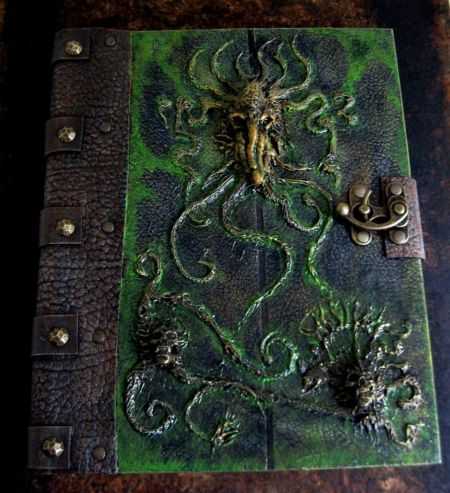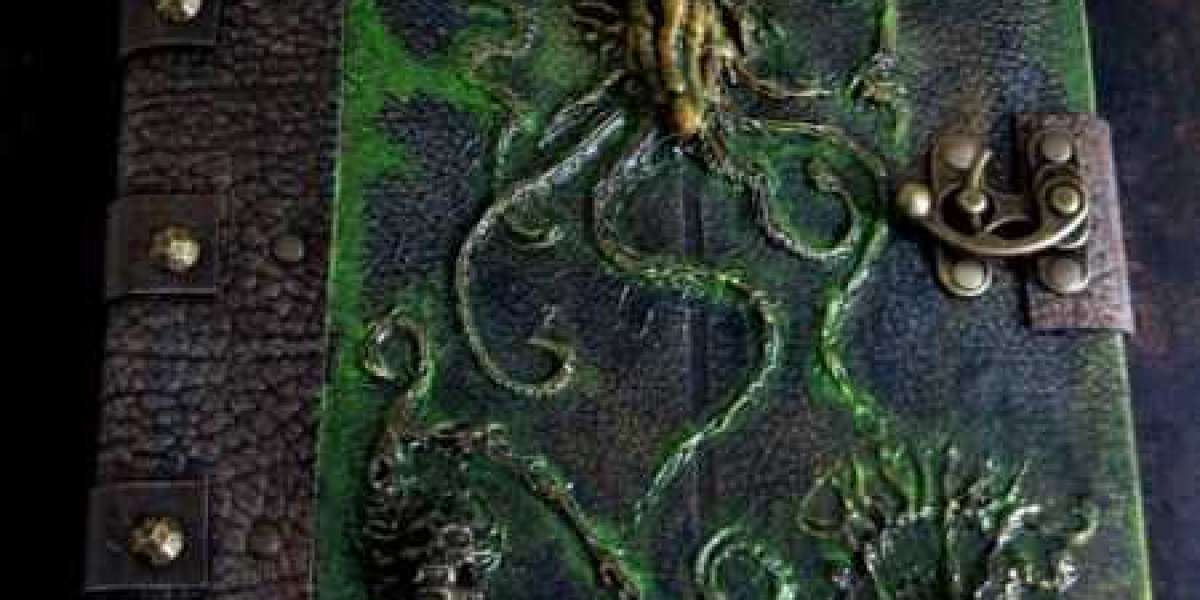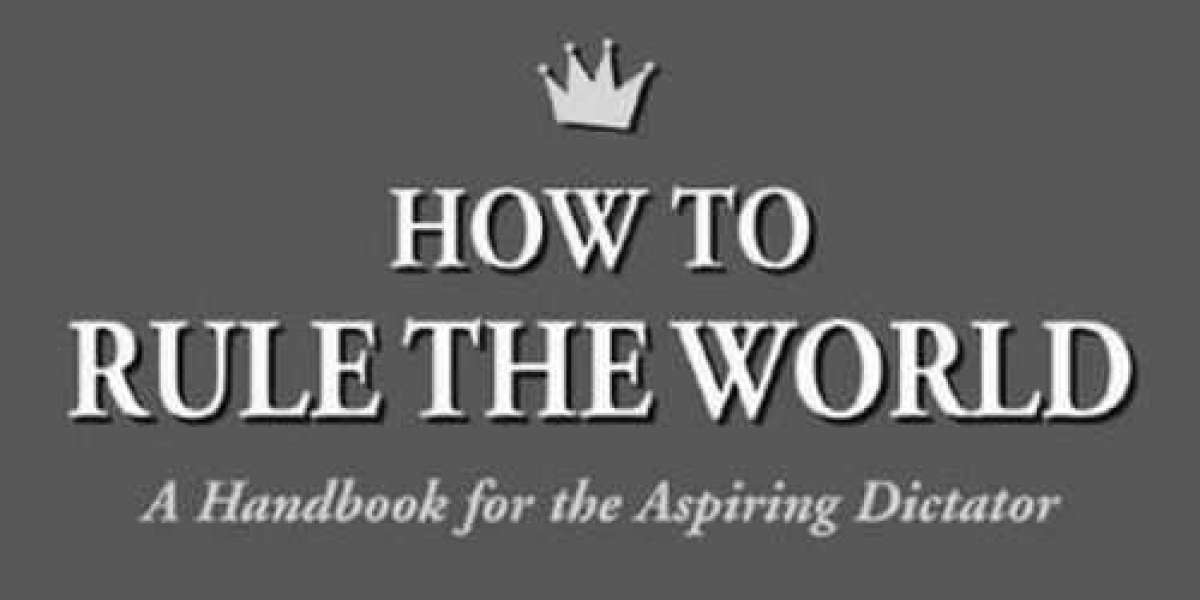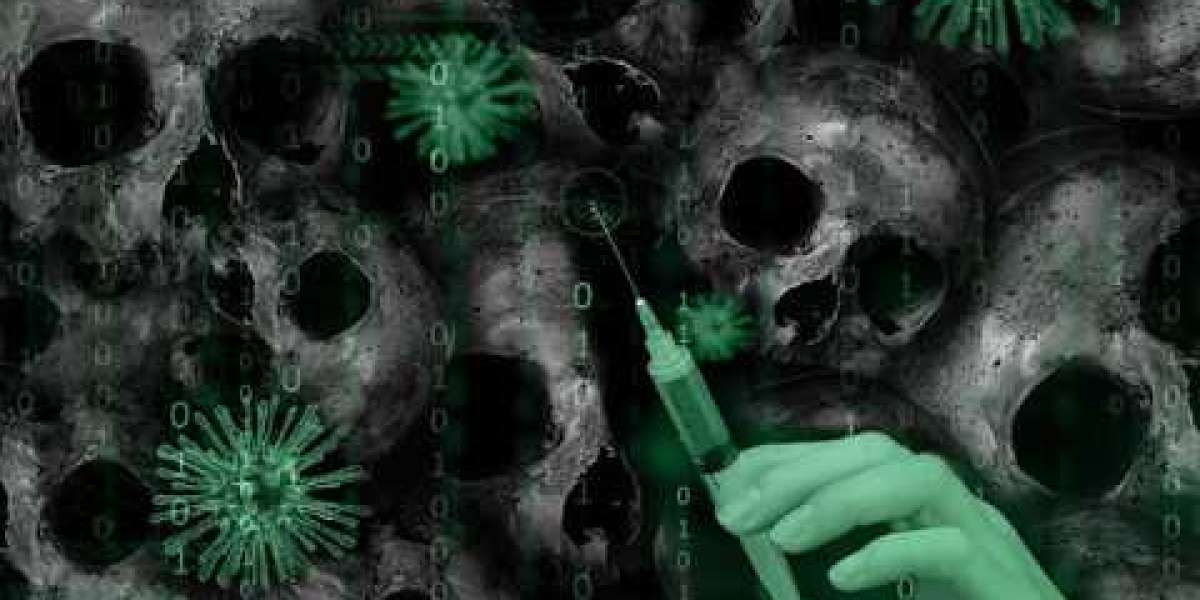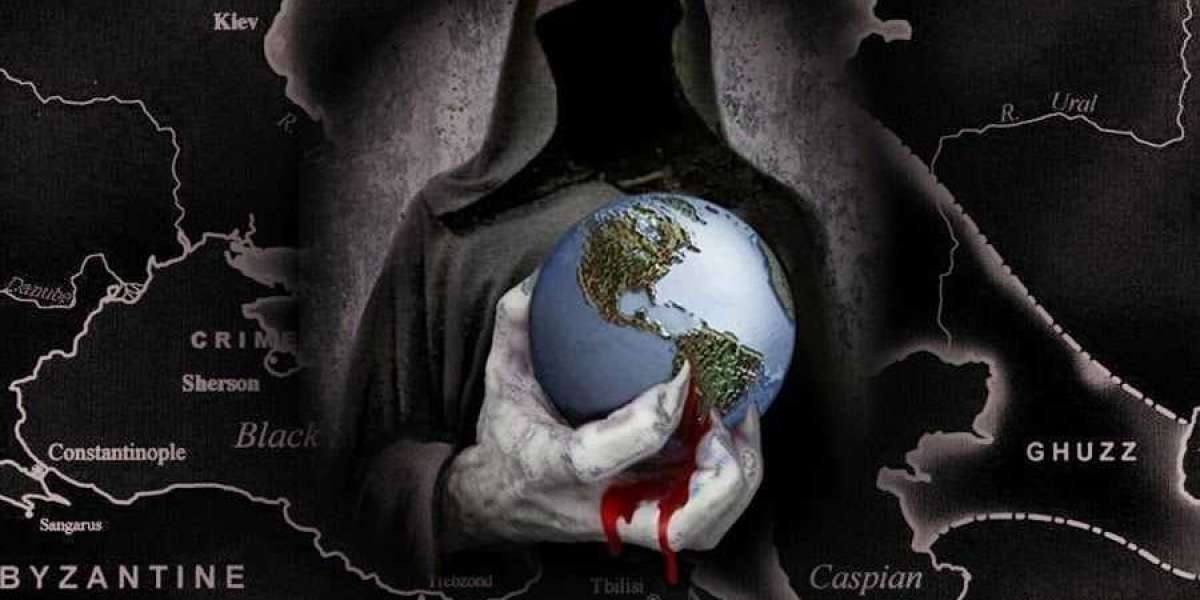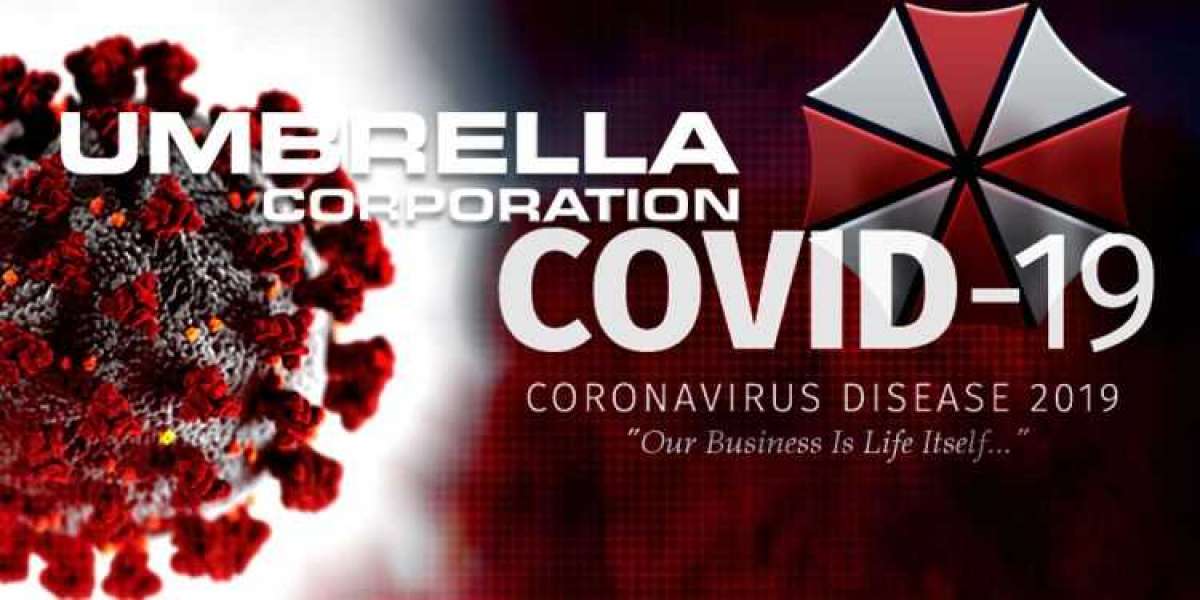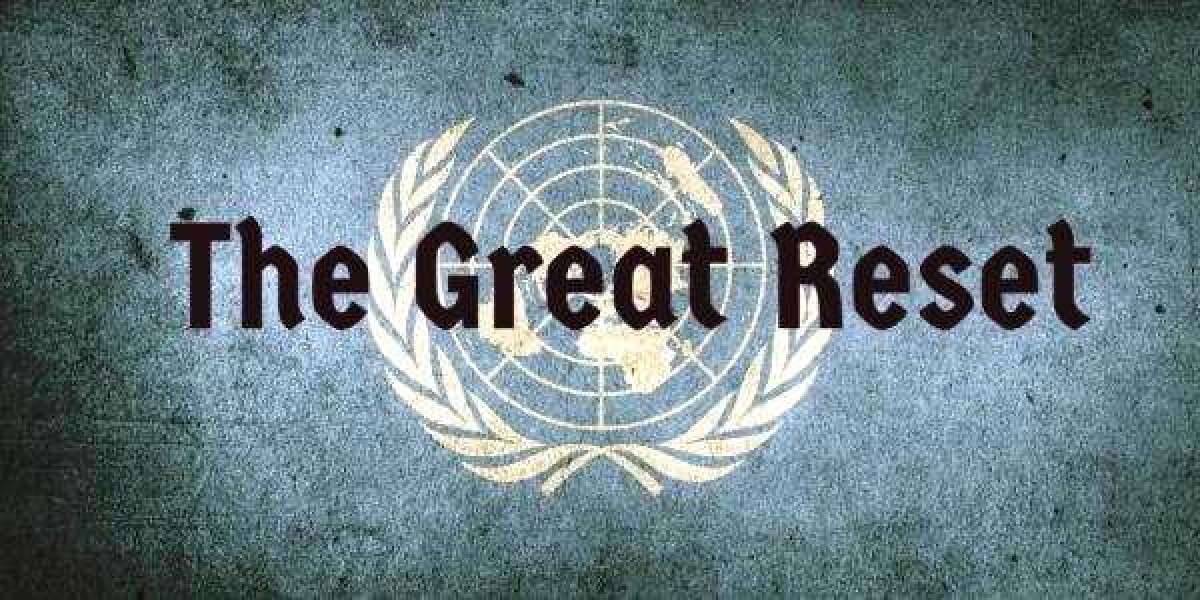Charles Hoy Fort (1874 – 1932)
Charles Fort is perhaps the earliest writer of the twentieth century to seriously suggest that extraterrestrials have been involved in human affairs.
Fort spent many years of his adult life amassing reports of unusual phenomena from scientific journals, newspapers, and magazines. The stories he collected were of such events as unusual moving lights in the sky, "rainfalls" of animals, and other occurrences which seem to defy conventional scientific explanation.
His first two books, The Book of the Damned(1919) and New Lands(1923), contain a large assortment of UFO sightings and related phenomena from the 19th and early 20th centuries.
Fort concluded that Earth skies were hosting an array of extraterrestrial aircraft, which he called "superconstructions".
He developed other theories from his research, several of which have endured and still remain provocative today.
.
Fort had certainly expressed some daring ideas. They were published at a time when crude biplanes and dirigible balloons ruled the sky. Charles Lindberg's historic flight across the Atlantic Ocean was still eight years away.
In The Book of the Damned, he wrote:
"I think we're property. I should say we belong to something: That once upon a time, this earth was No-man's Land, that other worlds explored and colonized here, and fought among themselves for possession, but that now it's owned by something: that something owns this earth all others warned off."
Fort concluded that the human race does not have a very high status in relation to Earth's extraterrestrial owners. In addressing the puzzle of "why don't they [Earth's owners] ever come here, or send here, openly", he philosophized:
"Would we, if we could, educate and sophisticate pigs, geese, cattle? Would it be wise to establish diplomatic relation with the hen that now functions, satisfied with mere sense of achievement by way of compensation?"
In addition to likening the human race to self-satisfied livestock, Fort believed that a direct influence over human affairs was being exerted by Earth's apparent owners:
"I suspect that, after all, we're useful - that among contesting claimants, adjustment has occurred, or that something now has a legal right to us, by force, or by having paid out analogues of beads for us to former, more primitive, owners of us - that all of this has been known, perhaps for ages, to certain ones upon this earth, a cult or order, members of which function like bellwethers to the rest of us, or as superior slaves or overseers, directing us in accordance with instructions received - from Somewhere else - in our mysterious usefulness."
Fort did not speculate as to what mankind's "mysterious usefulness" might be, except to briefly suggest that humans might be slaves.
In a lighter vein, Fort thought that Earth had had a very lively and colorful prehistory:
"But I accept that, in the past, before proprietorship was established, inhabitants of a host of other worlds have - dropped here, hopped here, wafted, sailed, flown, motored - walked here, for all I know - been pulled here, been pushed, have come singly - have come in enormous numbers, have visited occasionally, have visited periodically for hunting, trading, replenishing harems, mining - have been unable to stay here, have established colonies here, have been lost here ... far advanced peoples, or things, and primitive peoples or whatever they were: white ones, black ones, yellow ones."
To understand how all of this applies to the human condition in modern times, Fort offered no answers, only a formula:
"Pigs, geese, and cattle.
First find out that they are owned.
Then find out the whyness of it."
The terms "Fortean" and "Forteana" are named after him.
